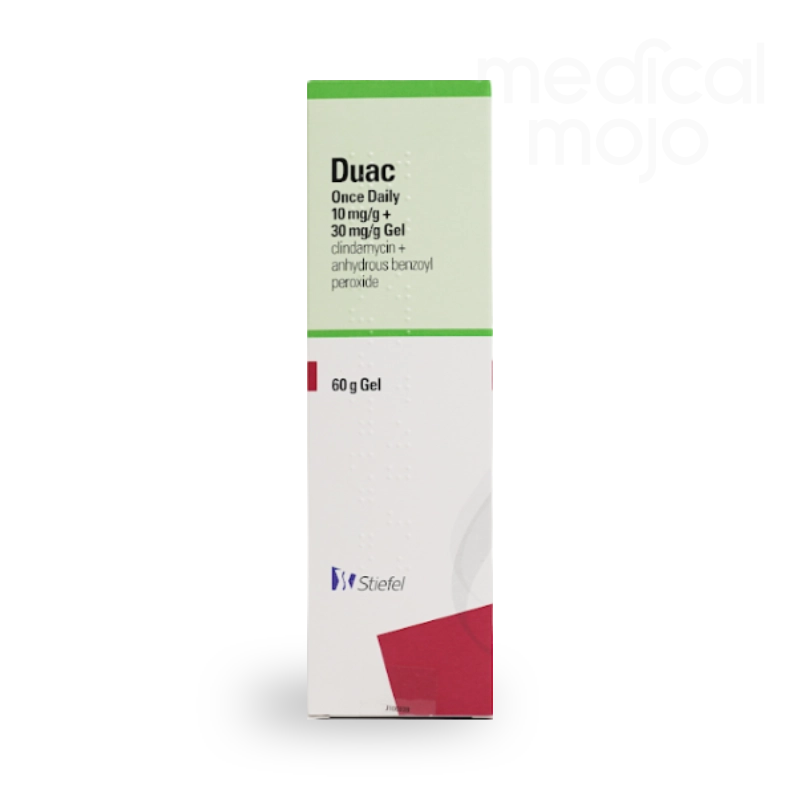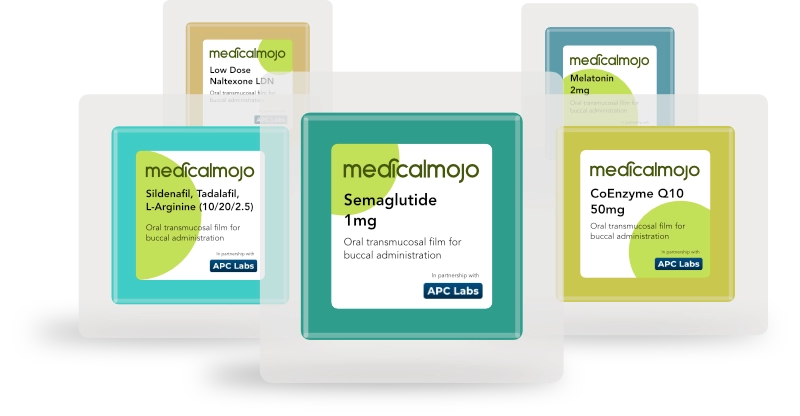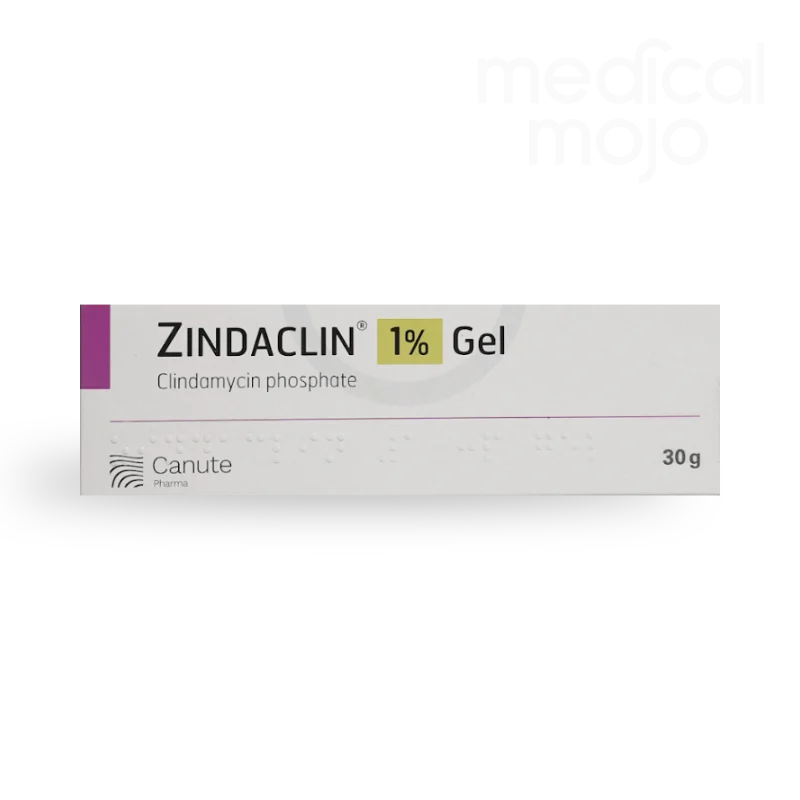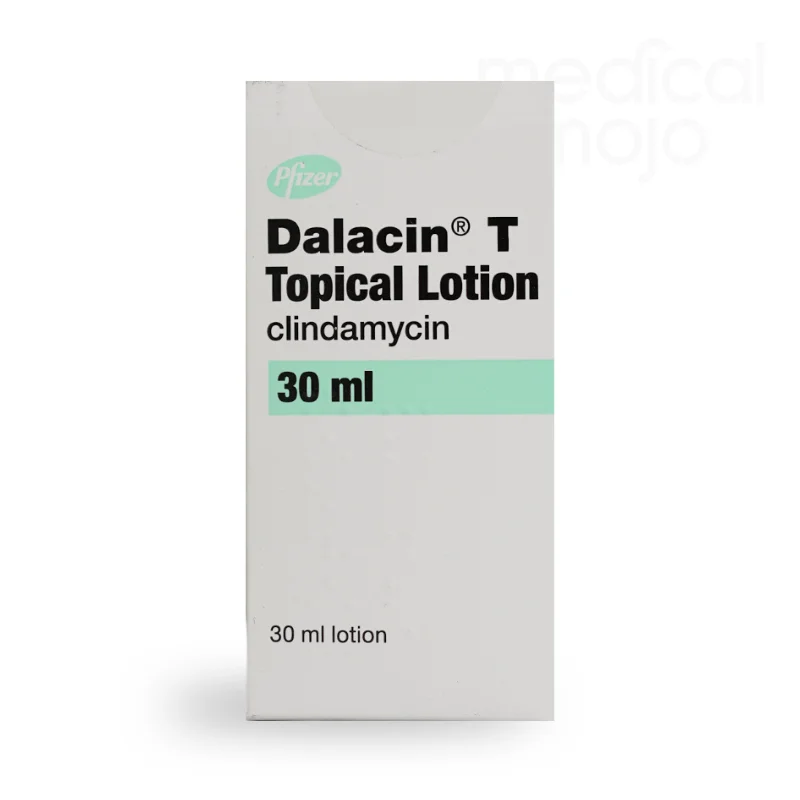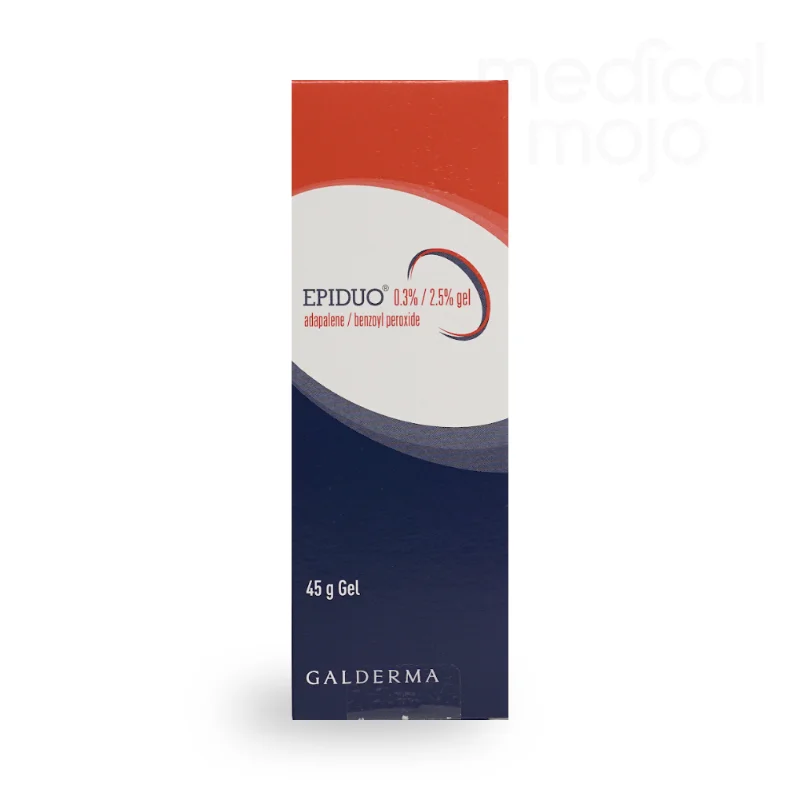What is Duac Gel?
Duac Gel is a medication used to treat mild to moderate acne, spots, and pimples. It works by reducing the overproduction of sebum, which clogs pores and leads to blackheads and acne. Duac Gel is typically applied to the face but can also be used on other parts of the body such as the neck and upper back. It targets pimples directly and helps prevent new impurities. Manufactured by GlaxoSmithKline, Duac Gel comes in two strengths: 3% (20mg) and 5% (50mg).
How does Duac Gel work?
Duac Gel combines clindamycin, an antibiotic that stops bacteria from reproducing, and benzoyl peroxide, which kills bacteria and removes pore blockages. This combination effectively treats acne by reducing bacteria and inflammation. Improvement is usually seen within the first month, with significant results typically after three months. Continuous use is recommended to prevent acne from returning.
What are the active ingredients in Duac Gel?
Duac Gel contains two active ingredients: clindamycin and benzoyl peroxide. Clindamycin is a commonly used antibiotic for acne, and benzoyl peroxide helps to kill bacteria and clear blocked pores.
Can Duac Gel help with acne scars?
While Duac Gel is primarily designed to treat active acne, some users find that it helps diminish the appearance of acne scars. For severe acne scars, other treatments may be necessary, and it's important to avoid picking or popping spots to prevent scarring.
Are there alternative acne treatments?
Yes, there are many alternative acne treatments if Duac Gel does not work for you. Other options include Treclin Gel, Dalacin-T Lotion, Differin Cream, and various face washes and lotions like Cetaphil and CeraVe products that can help maintain healthy skin.
Do I need to keep Duac Gel in the fridge?
No, Duac Gel does not need to be refrigerated after purchase. It can be stored at room temperature but should not be exposed to temperatures above 25°C. If you have multiple tubes, storing unused ones in the fridge between 2°C to 8°C is recommended, but do not freeze them.
How long does Duac Gel take to work?
Duac Gel usually starts to show improvement within two to four weeks. For best results, it should be used for a full 12-week course unless otherwise advised by your doctor. Do not exceed 12 weeks without consulting a healthcare professional.
What are the ingredients in Duac Gel?
The active ingredients are clindamycin and hydrous benzoyl peroxide. Other ingredients include carbomer 940, dimethicone, disodium lauryl sulfosuccinate, disodium edetate, glycerol, silica (colloidal hydrated), poloxamer 182, purified water, and sodium hydroxide.
What are the side effects of Duac Gel?
Common side effects include skin irritation, redness, peeling, dryness, headache, and sensitivity to sunlight. Severe side effects, such as allergic reactions or severe skin irritation, are rare but require immediate medical attention.
Can you use Duac Gel while pregnant or breastfeeding?
If you are pregnant or breastfeeding, consult your doctor before using Duac Gel. Hormonal changes during pregnancy can trigger acne, but there may be safer treatment options available for you during this time.
What precautions should I take when using Duac Gel?
- Use Duac Gel only on your skin, avoiding contact with eyes, lips, mouth, and inside the nose.
- Avoid applying it to irritated or broken skin.
- Use sunscreen and protective clothing as Duac Gel can make your skin more sensitive to the sun.
- Be cautious about using it with other acne treatments or products that may irritate your skin.
- Consult your doctor if you have a history of gut problems or develop severe diarrhea or stomach cramps.
For more detailed information, always read the Patient Information Leaflet provided with the medication.
